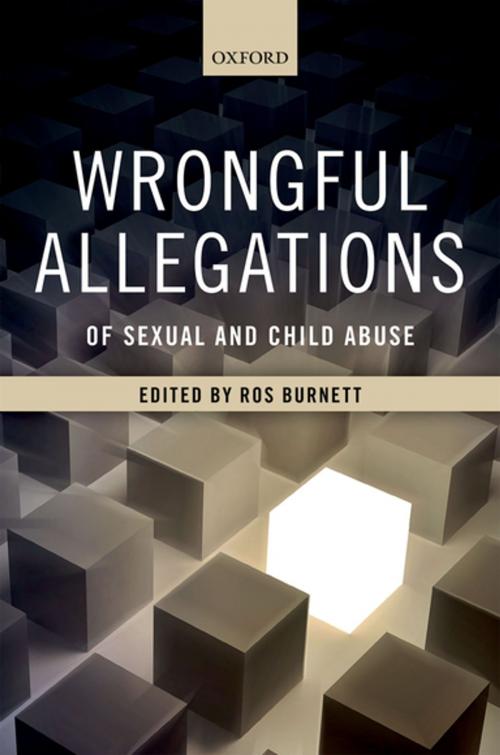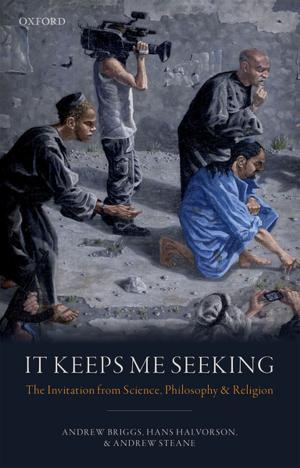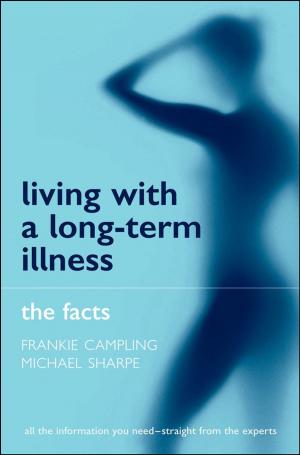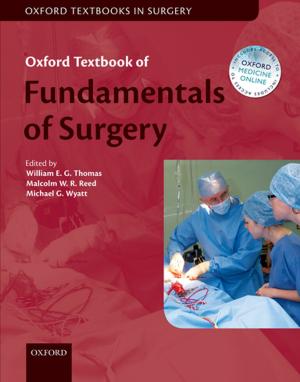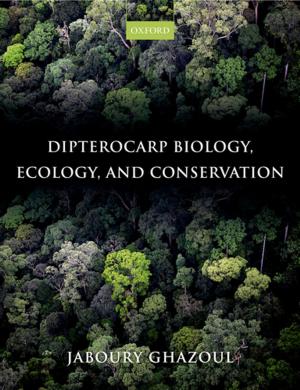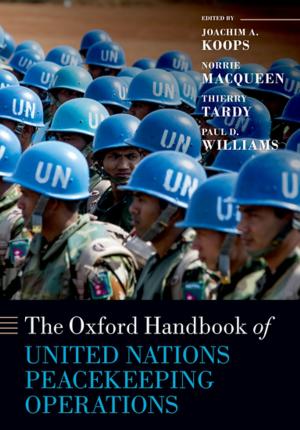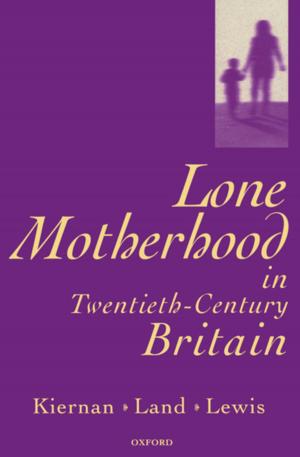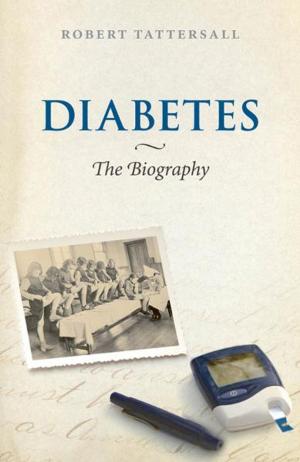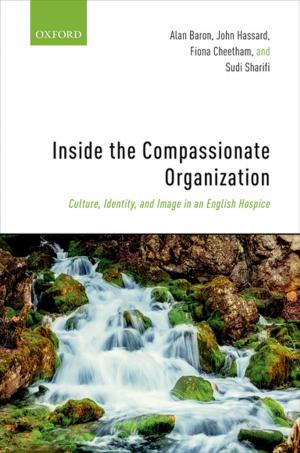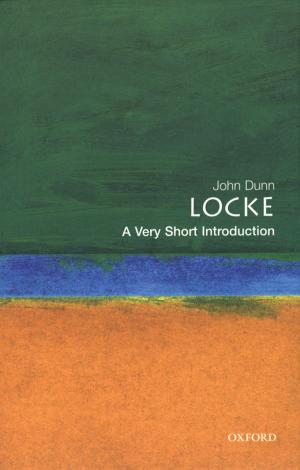Wrongful Allegations of Sexual and Child Abuse
Nonfiction, Social & Cultural Studies, Social Science, Crimes & Criminals, Criminology, Reference & Language, Law| Author: | ISBN: | 9780191034916 | |
| Publisher: | OUP Oxford | Publication: | January 25, 2017 |
| Imprint: | OUP Oxford | Language: | English |
| Author: | |
| ISBN: | 9780191034916 |
| Publisher: | OUP Oxford |
| Publication: | January 25, 2017 |
| Imprint: | OUP Oxford |
| Language: | English |
Wrongful Allegations of Sexual and Child Abuse fills a gap for an authoritative and considered text focused on false accusations of recent or historical abuse, both as a miscarriage of justice and as an ordeal which impairs lives even when it does not result in criminal charges. It brings together experts from different disciplinary backgrounds and relevant specialisms to explicate the context, causes, and processes that foster erroneous or fabricated allegations and to consider ways of reducing their incidence and the injustices that follow them. While there has been a welcome increase in policies which address child abuse, rape and other sexual offences, these tend to neglect or disavow the diametrical problem of false allegations of such offences. It is inherent in the, typically, unwitnessed and physically uncorroborated nature of these 'hidden' crimes that they are difficult to prosecute; but also to disprove if no crime has been committed. It is right that all allegations of abuse are treated as believable and are rigorously investigated, but it is not in the interest of any progressive and robust system of justice to convict or malign innocent people. Approached from this more controversial perspective, the five parts of this volume chart the life-course of an untrue allegation. Beginning with the nature, extent and harm of false abuse allegations, the cultural and political context giving rise to false allegations, and then the causal and motivational factors for making them, are explored, before addressing the role and impact of the criminal justice system when handling such cases. The final part looks at the ways such concerns might be addressed whilst remaining mindful of victims of abuse and their suffering. Tackling an under-researched and under-discussed area, Wrongful Allegations of Sexual and Child Abuse offers thoughtful and thought-provoking discourses around an understandably difficult and sensitive area. It will be essential reading for academics and students of criminology, sociology, criminal justice, criminal law, socio-legal studies, and psychology, as well as those working with victims of false allegations, and police and specialist practitioners dealing with sexual offences and child abuse.
Wrongful Allegations of Sexual and Child Abuse fills a gap for an authoritative and considered text focused on false accusations of recent or historical abuse, both as a miscarriage of justice and as an ordeal which impairs lives even when it does not result in criminal charges. It brings together experts from different disciplinary backgrounds and relevant specialisms to explicate the context, causes, and processes that foster erroneous or fabricated allegations and to consider ways of reducing their incidence and the injustices that follow them. While there has been a welcome increase in policies which address child abuse, rape and other sexual offences, these tend to neglect or disavow the diametrical problem of false allegations of such offences. It is inherent in the, typically, unwitnessed and physically uncorroborated nature of these 'hidden' crimes that they are difficult to prosecute; but also to disprove if no crime has been committed. It is right that all allegations of abuse are treated as believable and are rigorously investigated, but it is not in the interest of any progressive and robust system of justice to convict or malign innocent people. Approached from this more controversial perspective, the five parts of this volume chart the life-course of an untrue allegation. Beginning with the nature, extent and harm of false abuse allegations, the cultural and political context giving rise to false allegations, and then the causal and motivational factors for making them, are explored, before addressing the role and impact of the criminal justice system when handling such cases. The final part looks at the ways such concerns might be addressed whilst remaining mindful of victims of abuse and their suffering. Tackling an under-researched and under-discussed area, Wrongful Allegations of Sexual and Child Abuse offers thoughtful and thought-provoking discourses around an understandably difficult and sensitive area. It will be essential reading for academics and students of criminology, sociology, criminal justice, criminal law, socio-legal studies, and psychology, as well as those working with victims of false allegations, and police and specialist practitioners dealing with sexual offences and child abuse.
